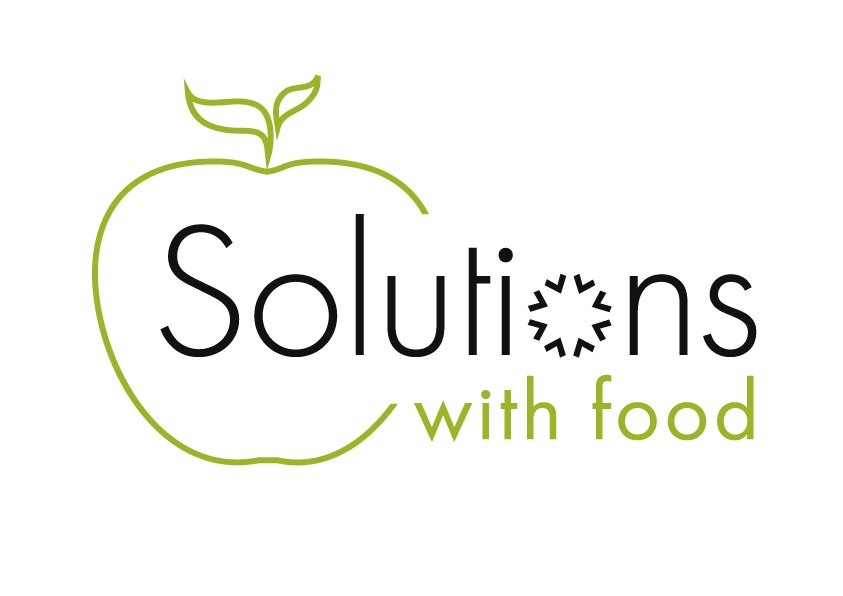The Gluten Free Story
Over the past decade or so, avoiding gluten-containing foods has become a popular diet choice. Some people buy gluten free because they think it will help them lose weight or because they think gluten-free foods are healthier, and other believe they are sensitive to gluten. If you suspect you body can’t handle gluten, see your doctor first for a proper diagnosis.
Symptoms include:
- Diarrhea, constipation, nausea, vomiting, flatulence, cramping, bloating, abdominal pain
- Fatigue, weakness and lethargy
- Weight loss
- Joint pain
- Skin rashes
Without this diagnosis, if you continue on a gluten-free diet, you not only risk missing out on important nutrients, but you’ll be up for a much steeper bill at the checkout.
High Cost of Eating Gluten-free
If you or a family member is living with coeliac disease or have a gluten intolerance, a recent study by University of Wollongong shows that you could be paying up to 17% more for gluten free diet and for single gluten-free items as much as 500% more, such as gluten free flour. For Australian families with a member affected by coeliac disease, the expense of a gluten free diet is an unavoidable reality. Sadly, the higher cost of the specialized food required to manage this condition means many families are particularly vulnerable. But it doesn’t stop with gluten free items, many families struggle to afford medicalized foods for their loved ones. Maybe it’s time for the government to consider a national subsidized medical foods program in Australia, similar to a model being used in England, so that people who require a medicalized diet to survive can have better access to affordable staple foods via prescription.
Comparison of price between gluten-free and ‘regular’ products
Quick tips to cut the costs on a gluten free diet
- Choose in-season fruit and vegetables and legumes which are gluten-free and economical.
- Cook more at home and cook double batches and freeze so you always have a meal on hand.
- Avoid gluten-free ‘discretionary foods’ such as cakes and biscuits. These are pricey and should be viewed as an occasional treat.
Tell us about your dieting experience in the comments, or book an appointment with us today and let's discuss your goals!
Solutions With Food


